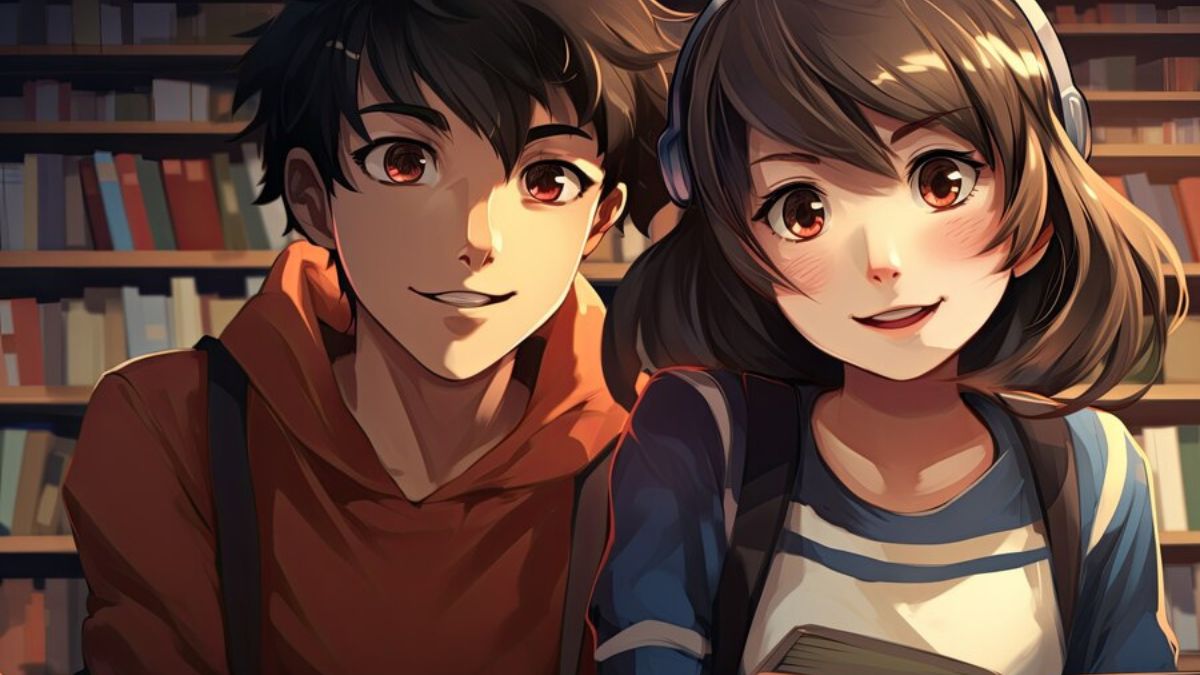
NHentai: A Deep Dive Into the Controversial Manga Platform
NHentai has become one of the most widely recognized and divisive online platforms for adult manga and doujinshi (fan-made comics). Operating as an aggregator site, it hosts an extensive library of hentai (erotic manga) content, ranging from professionally published works to amateur creations. While it serves as a go-to resource for many fans of the genre, NHentai has also faced criticism over copyright issues, ethical concerns, and its open accessibility. This article explores the platform’s functionality, its place in online hentai culture, the legal and moral debates surrounding it, and how it compares to legitimate alternatives.
1. What Is NHentai? Understanding the Platform’s Structure
NHentai functions primarily as a free, user-driven database where visitors can browse, search, and read adult-oriented manga without direct payment. The site organizes content using a six-digit identification system, tags for categorization, and a search engine that allows users to filter by artists, parodies (fan works based on existing series), and fetishes. Unlike official publishers, NHentai does not host its own original content; instead, it scrapes and indexes works uploaded by users, often without the creators’ permission. This section breaks down how the site operates, its user interface, and why its vast, easily accessible library has made it both popular and problematic within the hentai community.
2. The Ethical and Legal Dilemma: Piracy vs. Accessibility
One of the most contentious aspects of NHentai is its unauthorized distribution of copyrighted material. Many doujinshi artists and professional manga publishers rely on sales for income, and platforms like NHentai undermine their revenue by offering their work for free. While some argue that the site increases exposure for lesser-known artists, others counter that it directly harms creators by discouraging legal purchases. This section examines the legal gray area of hentai aggregation, comparing it to similar debates in anime piracy (such as illegal streaming sites) and discussing whether NHentai’s model is sustainable—or simply exploitative.
3. The Role of NHentai in Hentai Fandom and Subculture
Despite its controversies, NHentai has undeniably shaped online hentai consumption. Its tagging system and recommendation algorithms make it easy for users to discover niche content, fostering a community of enthusiasts who discuss, rate, and share their favorite works. The site has also influenced meme culture, with certain doujinshi gaining viral status beyond the hentai community. However, this accessibility comes with risks, including exposure to extreme or non-consensual themes due to minimal content moderation. This section explores NHentai’s cultural impact, from its influence on fan discussions to its role in normalizing (or distorting) perceptions of adult manga.
4. Alternatives to NHentai: Legal and Ethical Ways to Support Artists
For those who enjoy hentai but want to avoid piracy, several legitimate alternatives exist. Platforms like Fakku, Irodori Comics, and DLsite sell licensed doujinshi and original works, ensuring that creators are compensated. Subscription services like Pixiv Fanbox and Patreon also allow fans to support artists directly. This section compares these options, discussing their benefits (higher-quality scans, official translations, ethical consumption) and drawbacks (higher costs, smaller libraries). It also provides guidance on how to transition from pirate sites to legal sources while still enjoying a wide range of content.
5. The Future of NHentai: Will It Survive Legal Crackdowns?
NHentai has faced multiple domain seizures, takedown requests, and attempts to shut it down, yet it continues to resurface through mirror sites and proxy servers. Its resilience highlights the challenges of regulating online adult content, but it also raises questions about its long-term viability. Will stricter copyright enforcement eventually dismantle NHentai, or will it persist as a staple of the underground hentai community? This section analyzes past legal battles, the potential for improved industry alternatives, and whether the demand for free hentai will ever truly diminish.
Conclusion: Navigating the Complex World of Hentai Consumption
NHentai occupies a paradoxical space in internet culture—simultaneously a valuable resource for fans and a thorn in the side of creators. While its convenience and breadth of content are undeniable, its ethical implications cannot be ignored. As the digital manga industry evolves, the debate over piracy, artist compensation, and responsible fandom will continue. Whether NHentai remains a dominant force or fades into obscurity, its existence prompts important conversations about how adult content should be distributed, monetized, and consumed in the online age.




